
Members of the GULAGECHOES and Yugoslavian Penal Nationalism teams: Brendan Humphreys, Mikhail Nakonechnyi, Yury Sorochkin and Judith Pallot, attended the annual University of Tartu conference, War and Peace. What’s next for Eastern Europe and Eurasia? They were joined on line by Mykhailo Romanov from Kharkhiv who focused on the illegality of the filtration process in the occupied territories of Eastern Ukraine. Their panel was entitled “The Past, Present and Future of Prisons and Carcerality in Times of Peace and War in the Communist Successor States in Europe. “
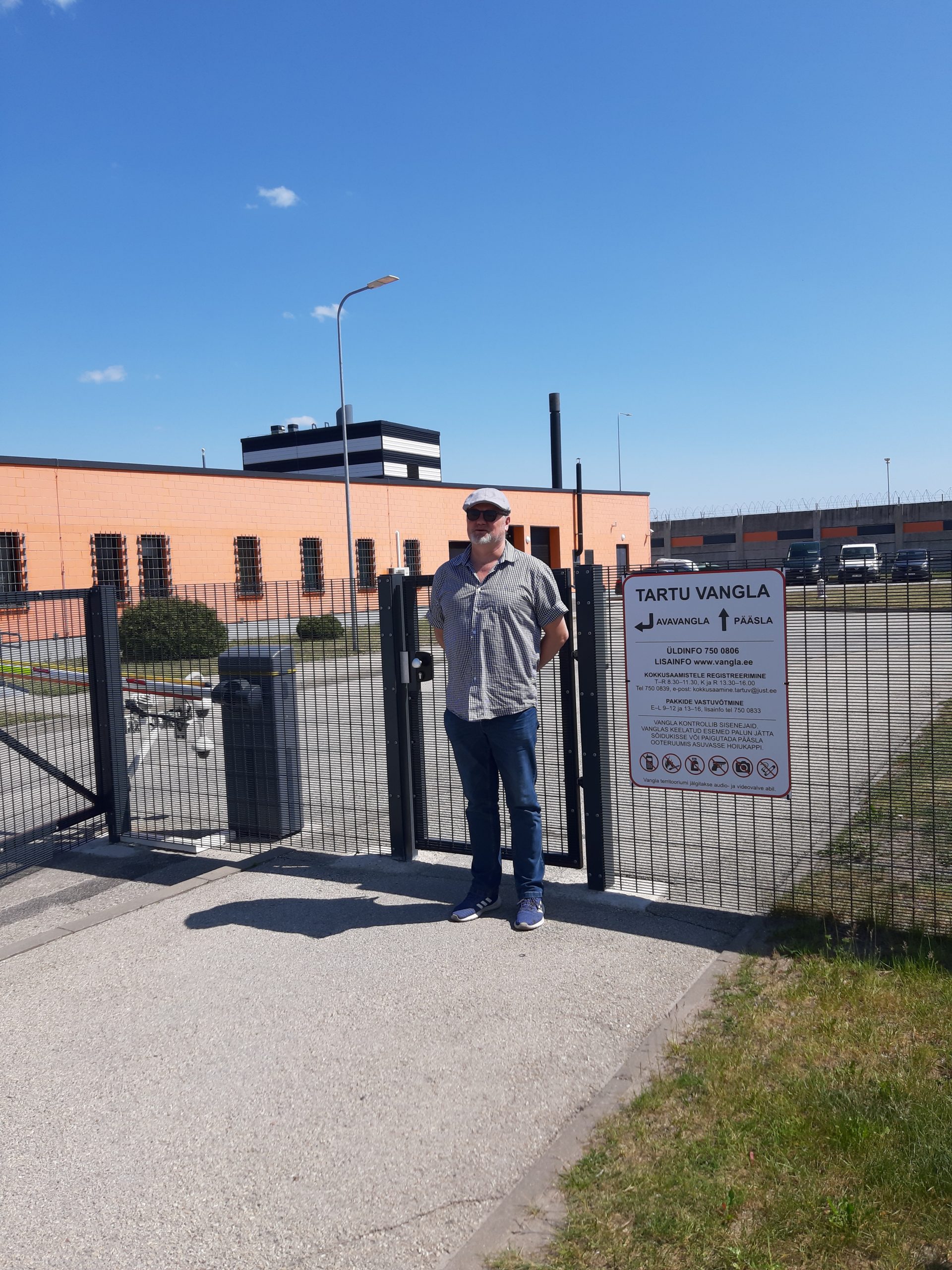
They also chaired other panels and Professor Pallot took part in the keynote roundtable “Putin’s War. What future for Russia”, talking about how the penal-military complex in Russia constitutes an obstacle to progress towards a more democratic and peaceful society in the future. Members of the team also had the opportunity to visit one of the three new “Europrisons”, Tartu Vangla, which have replaced the inherited Soviet correctional colonies.
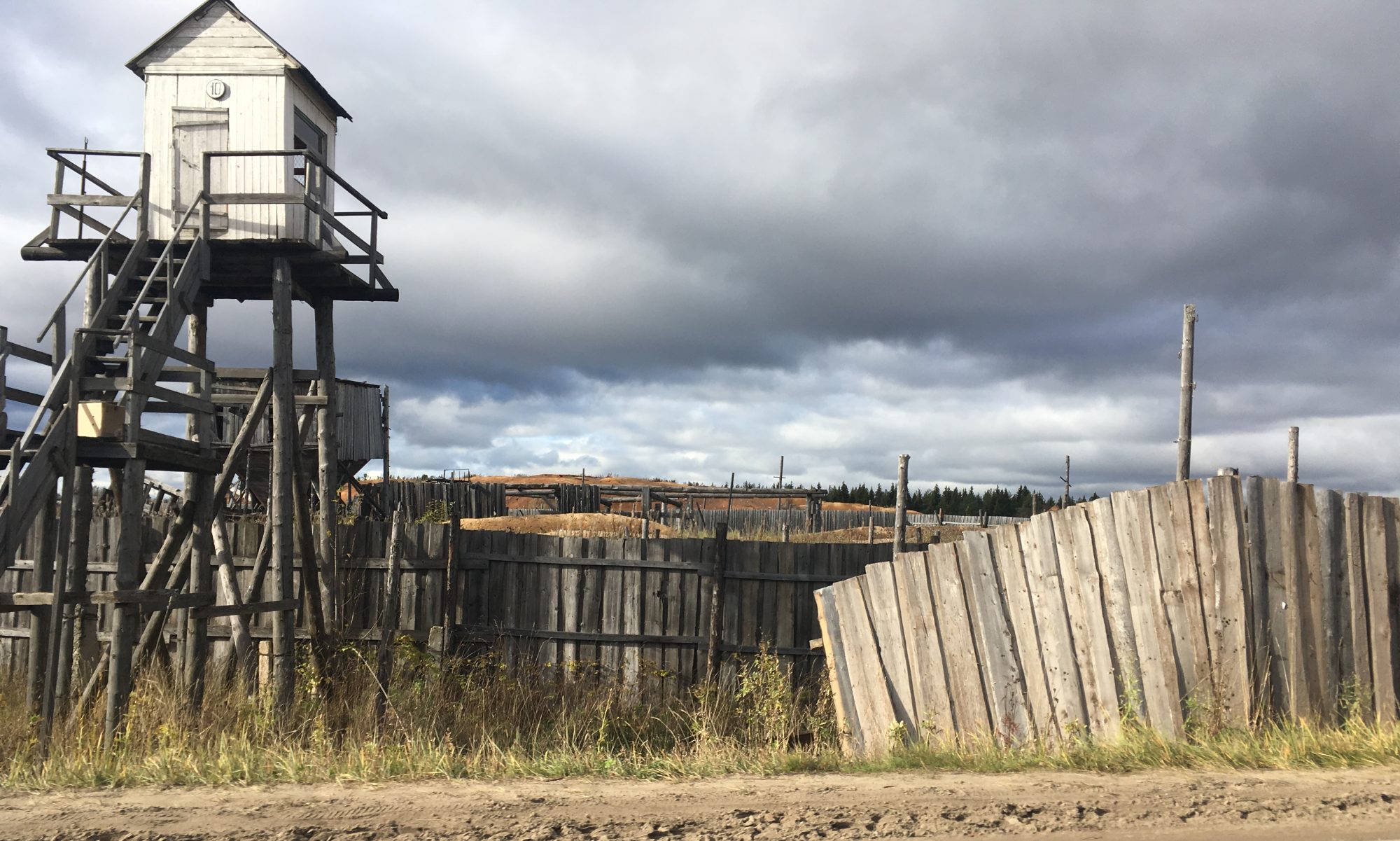
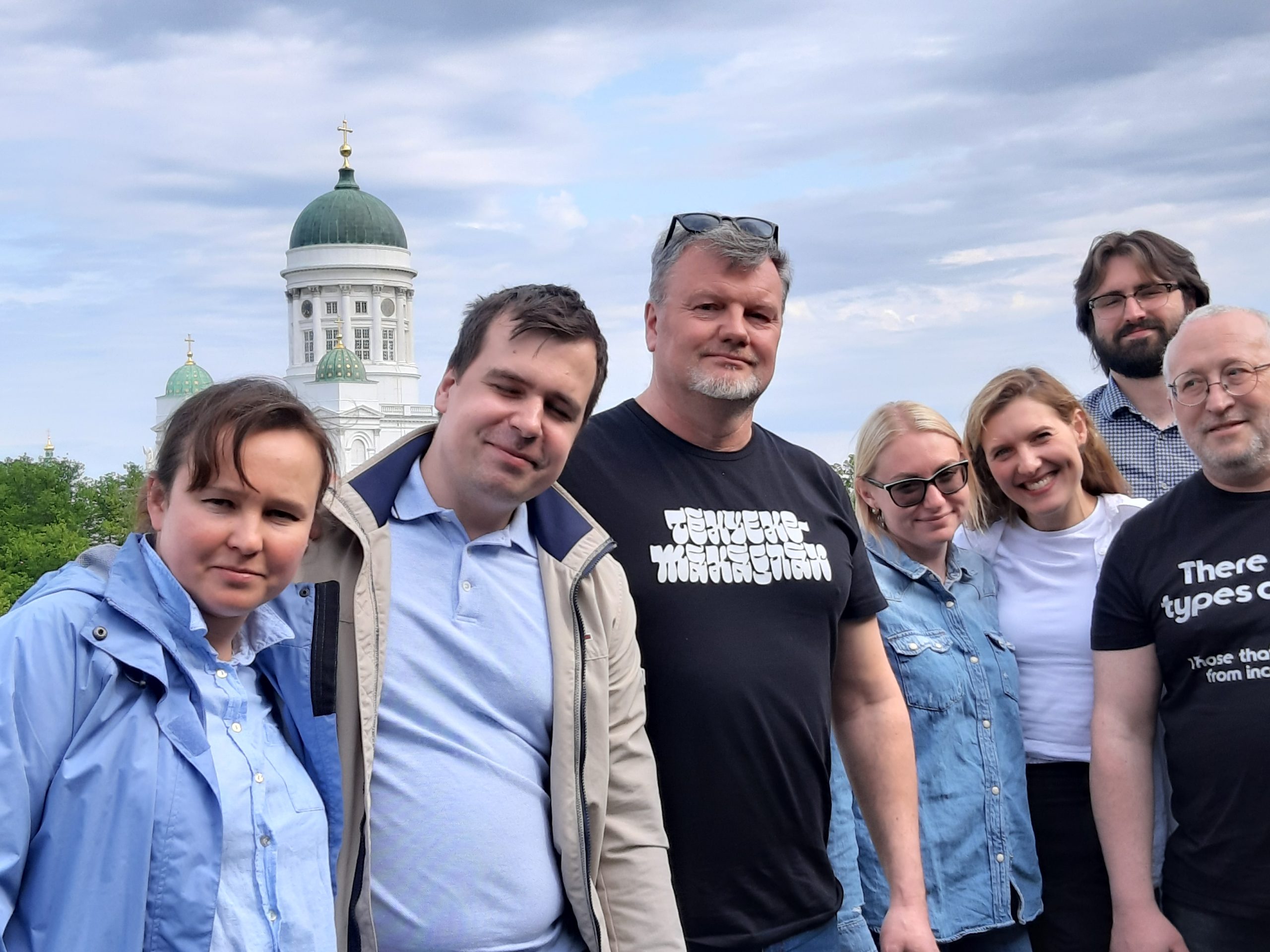 The University of Helsinki has conducted a Team Coaching Session for researchers of the GulagEchoes project. It involves brainstorming on career planning, setting goals and achieving them and finding methods to work together as a group. We have four more sessions ahead of us in the Fall.
The University of Helsinki has conducted a Team Coaching Session for researchers of the GulagEchoes project. It involves brainstorming on career planning, setting goals and achieving them and finding methods to work together as a group. We have four more sessions ahead of us in the Fall.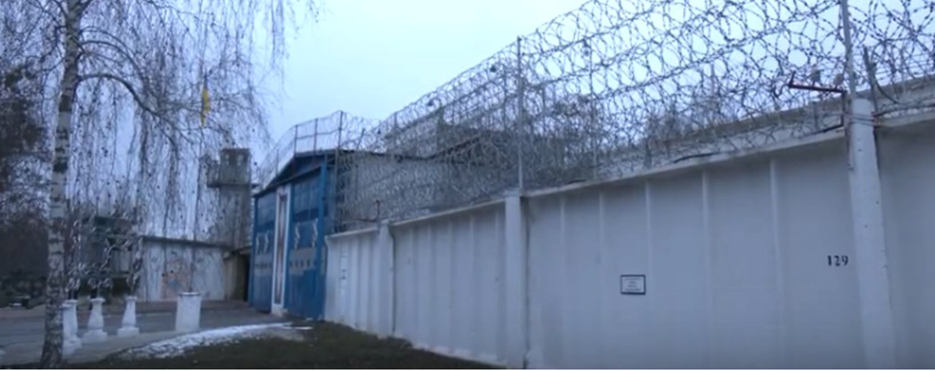
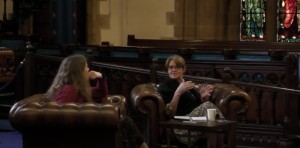 Every year one of the keynote slots at the BASEES conference adopts an interview format. Last year, Judith interviewed leading BBC journalist Sarah Rainsford about her experience reporting form Russia and Ukraine. This year on April 1st 2023, it was Judith’s turn to be interviewed, by Sarah Badcock, about her experiences researching Russia over her forty-year career in area studies. The interview can be viewed at:
Every year one of the keynote slots at the BASEES conference adopts an interview format. Last year, Judith interviewed leading BBC journalist Sarah Rainsford about her experience reporting form Russia and Ukraine. This year on April 1st 2023, it was Judith’s turn to be interviewed, by Sarah Badcock, about her experiences researching Russia over her forty-year career in area studies. The interview can be viewed at: 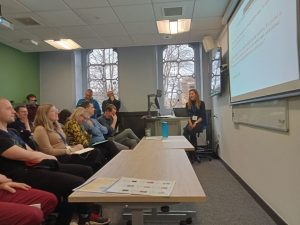
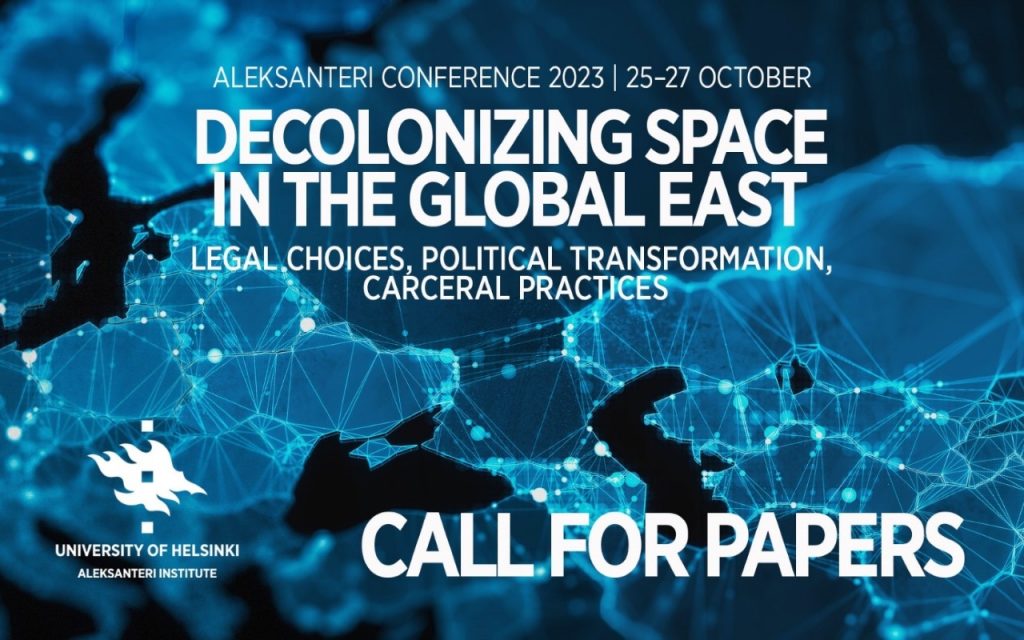
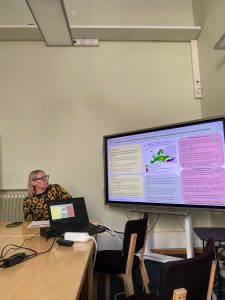 Our researcher Yuliya Brin presented her work at the Aleksanteri Institute today. Her presentation was accompanied by a poster on her dissertation findings. She investigates how traditional values impact domestic violence legislation using the example of the Istanbul Convention ratification in Armenia, Ukraine, Russia, and Belarus.
Our researcher Yuliya Brin presented her work at the Aleksanteri Institute today. Her presentation was accompanied by a poster on her dissertation findings. She investigates how traditional values impact domestic violence legislation using the example of the Istanbul Convention ratification in Armenia, Ukraine, Russia, and Belarus.